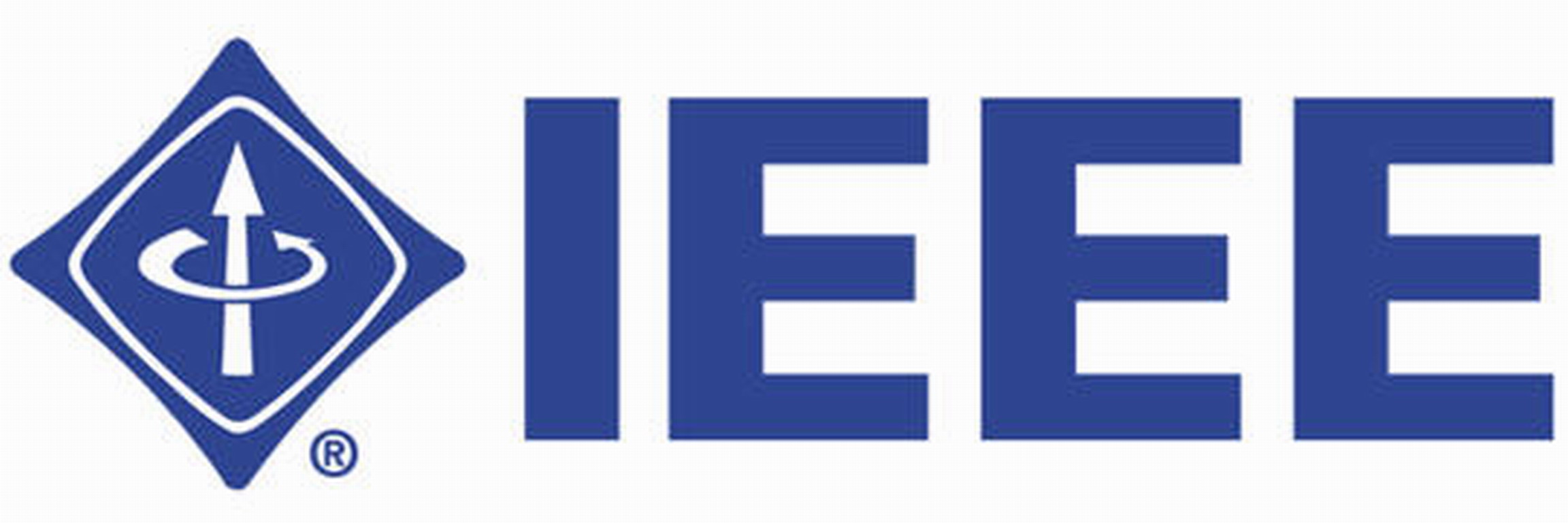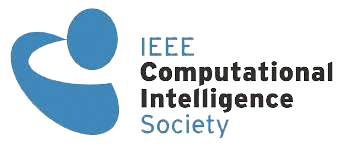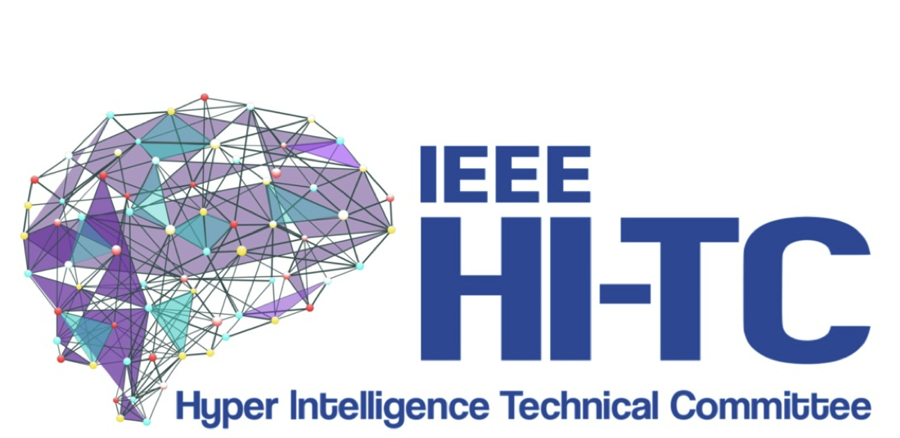|
Call For Papers |
|
|
Download CFP: PDF |
|
|
Digital twin, as a recent iconic phrases of fashions, has been coined and broadened somewhat in that it is now being extensively applied, or rather used, to characterize a variety of digital simulation models that run alongside real-time processes that pertain to social and economic systems as well as physical systems since its inception. It is even conceivable that latency between when data is received from the basic system and when the users closest to the system can use is often short enough to enable good corrective actions. Progress towards digital twins will surely enable us to gain ever deeper insights into the nature of reality and its virtual form. How close we can get to the real thing is a collective exploration we are about to embark upon as a society.
The 2024 IEEE International Conference on Digital Twin will provide a high-profile, leading-edge forum for researchers, engineers, and practitioners to present state-of-art advances and innovations on Digital Twin, as well as to identify emerging research topics and define the future of Digital Twin. We seek submissions of papers which invent new techniques, introduce innovative methodologies, and propose new research directions in advanced digital twin theories, methods, implementations, and applications. Digital Twin 2024 topics include but are not limited to the following: | |
|
|
|

Home
Call for Papers
Call for Workshops
Paper Submission
Organizing Committee
Program Committee
Special Issues
Keynotes
Registration
Final Paper Instruction
Accepted Paper List
Program Booklet
Conference Venue
Travel & Visa
Contacts
UIC 2024
ATC 2024
Metaverse 2024
PCDS 2024
ScalCom 2024
Smart World Congress
|
Important Dates |
|
|
Workshop/SS Proposal Due
Regular Paper Due
Workshop/SS Paper Due
Author Notification September 15, 2024 Camera-Ready Submission October 25, 2024 Conference Date December 02-07, 2024 |
|
|
Sponsored and supported by |
|
 |
|
|---|---|
 |
|
 |
|
 |
|
 |
|
 |
|

